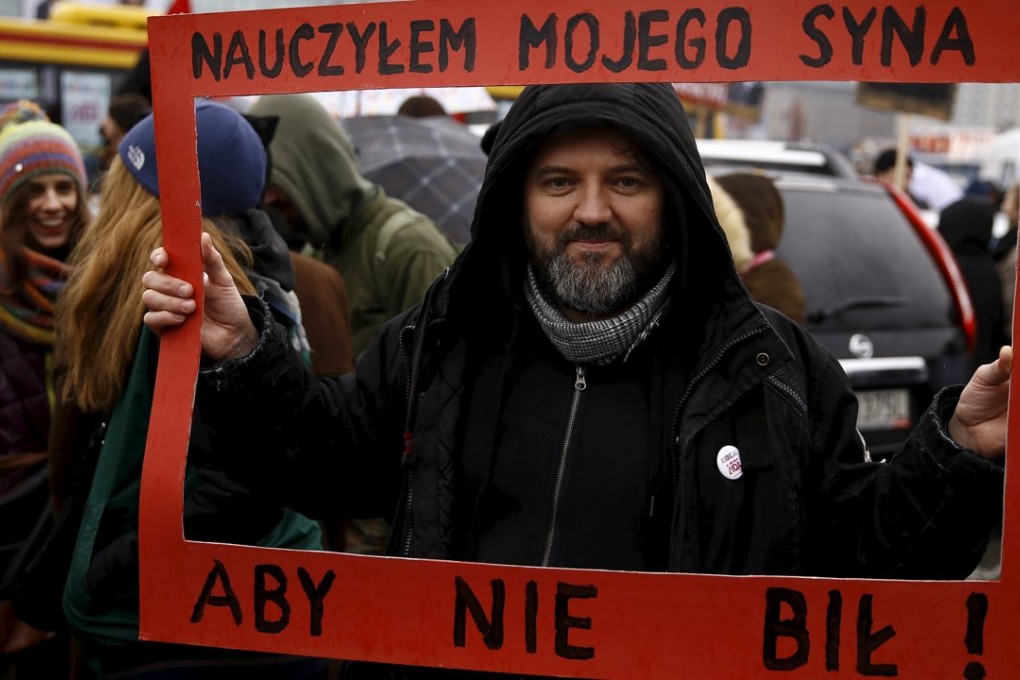Men are natural allies in the fight against sexism and abuse
Su-Mei Thompson says we need to reframe the issue as a men’s problem – as violence against women and other kinds of abuse harm more than the women – while encouraging all to take a stand

This year’s Academy Awards were dogged by the #OscarsSoWhite controversy. Several black members of the academy boycotted the event because all 20 acting nominees were white.
Given this, it was a welcome surprise to see US Vice-President Joe Biden introduce Lady Gaga and her theme song from The Hunting Ground, a candid documentary about campus rape in the US. Thanks to social media, millions of viewers across the world continue to watch the second most powerful man in the US lead the audience in a pledge to be active interlocutors – rather than passive bystanders – in cases of sexual assault.
READ MORE: Rape claim shines spotlight on sordid sex contest at elite US boarding school

We must broaden definitions of masculinity to establish that being a man isn’t about aggressive or violent behaviour towards women and other men
A child who witnesses his mother being beaten is a victim himself. Studies show that children in violent homes are more likely to be either perpetrators or victims of violence as adults.